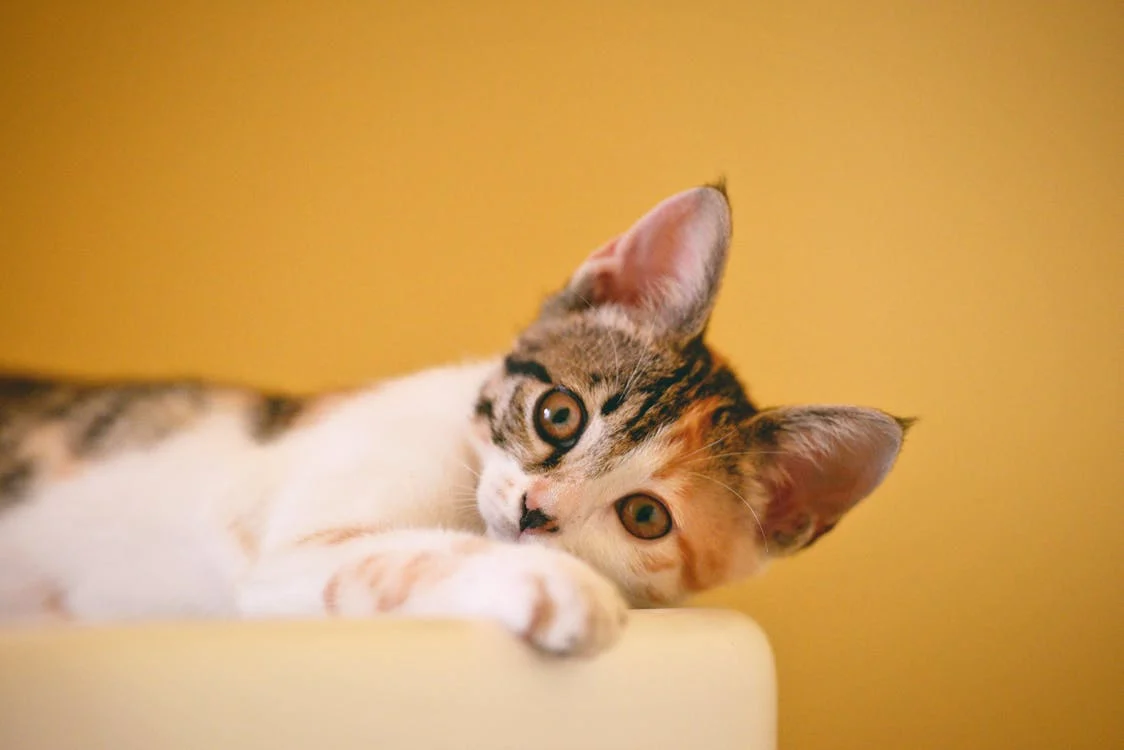As a cat owner, it’s natural to want the best for your feline friend, from proper nutrition to a cozy place to sleep. However, one aspect that often gets overlooked is the critical role of playtime in your cat’s overall well-being, especially their mental health. Cats, like humans, need mental stimulation and physical activity to thrive. Engaging in regular play sessions not only keeps your cat physically fit but also nurtures their emotional and cognitive well-being.
1. Preventing Boredom and Depression
Cats, especially those kept indoors, can easily become bored without sufficient stimulation. While cats are known for their independence, they are also highly intelligent and curious creatures. Without mental stimulation, boredom can lead to depression, anxiety, or destructive behaviors such as excessive grooming, scratching furniture, or aggression. Playtime provides an outlet for their natural instincts, preventing feelings of restlessness and loneliness.
2. Mimicking Natural Hunting Behavior
Cats are natural hunters, and even if they’re domesticated, their hunting instincts remain intact. Engaging in play sessions allows your cat to act out these instincts in a healthy and controlled manner. Toys that mimic prey, such as feathers or strings, can stimulate a cat’s predatory drive, allowing them to stalk, pounce, and ‘capture’ their toy prey. This helps your cat feel fulfilled and less frustrated, as they can channel their energy into an activity that mimics what they would naturally do in the wild.
3. Boosting Cognitive Function
Like humans, cats need to exercise their brains to stay sharp. Interactive play toys, such as puzzle feeders, not only engage your cat physically but also stimulate their problem-solving skills. These activities challenge your cat’s cognitive abilities and encourage them to think creatively. Play sessions that involve changing environments or introducing new toys can help keep your cat’s brain engaged, reducing the risk of cognitive decline as they age.
4. Strengthening the Bond Between You and Your Cat
Playtime is also a great way to bond with your cat. Interactive play allows your cat to associate you with positive experiences, reinforcing trust and affection. Whether you’re dangling a feather toy or tossing a ball across the room, these moments of play help create a sense of companionship. This bonding time is especially important for shy or anxious cats, as regular interaction can help them feel more secure and comfortable around their human companions.
5. Reducing Stress and Anxiety
Cats can experience stress and anxiety due to changes in their environment, new pets, or even boredom. Regular play can serve as a stress reliever for your cat, giving them an outlet for any pent-up energy. It can also distract them from potential stressors, such as a noisy household or the presence of unfamiliar animals. The physical activity during play helps release endorphins, the same way it does for humans, promoting a sense of calm and well-being.
6. Managing Weight and Promoting Physical Health
Though primarily linked to mental health, playtime is also essential for maintaining your cat’s physical health. Obesity is a common issue in indoor cats, and excess weight can lead to a variety of health problems, including diabetes, joint issues, and heart disease. Regular play keeps your cat active, burns calories, and helps maintain a healthy weight. A healthy body contributes to a healthy mind, creating a positive cycle of well-being for your pet.
7. Signs Your Cat Needs More Playtime
Every cat is different, but some common signs that your cat may need more mental stimulation and play include:
- Excessive meowing or attention-seeking behavior
- Destructive activities, such as scratching furniture or knocking things over
- Sudden bursts of energy (zoomies) with no apparent cause
- Overeating due to boredom
- Withdrawn behavior or sleeping more than usual
If you notice these signs, it’s a good indicator that your cat might benefit from more frequent or varied play sessions.
8. Creating an Enriching Play Environment
To maximize the benefits of playtime, provide your cat with a variety of toys and activities. Rotating toys, introducing new objects to explore, or even creating DIY playthings like cardboard boxes can keep playtime exciting and fresh. Cat trees or shelves for climbing can also give your cat vertical space to explore, satisfying their natural desire to climb and survey their surroundings.
Conclusion
Playtime is not just an enjoyable activity for your cat—it’s a vital part of their mental and emotional well-being. By making time for regular play sessions, you help prevent boredom, reduce stress, and stimulate your cat’s mind, leading to a happier, healthier pet. Whether through interactive toys, puzzle games, or simple household objects, engaging your cat in playful activities will keep them mentally sharp, physically active, and emotionally fulfilled.
Incorporating play into your cat’s daily routine is one of the best ways to ensure they lead a long, happy life—because a stimulated cat is a content cat!

